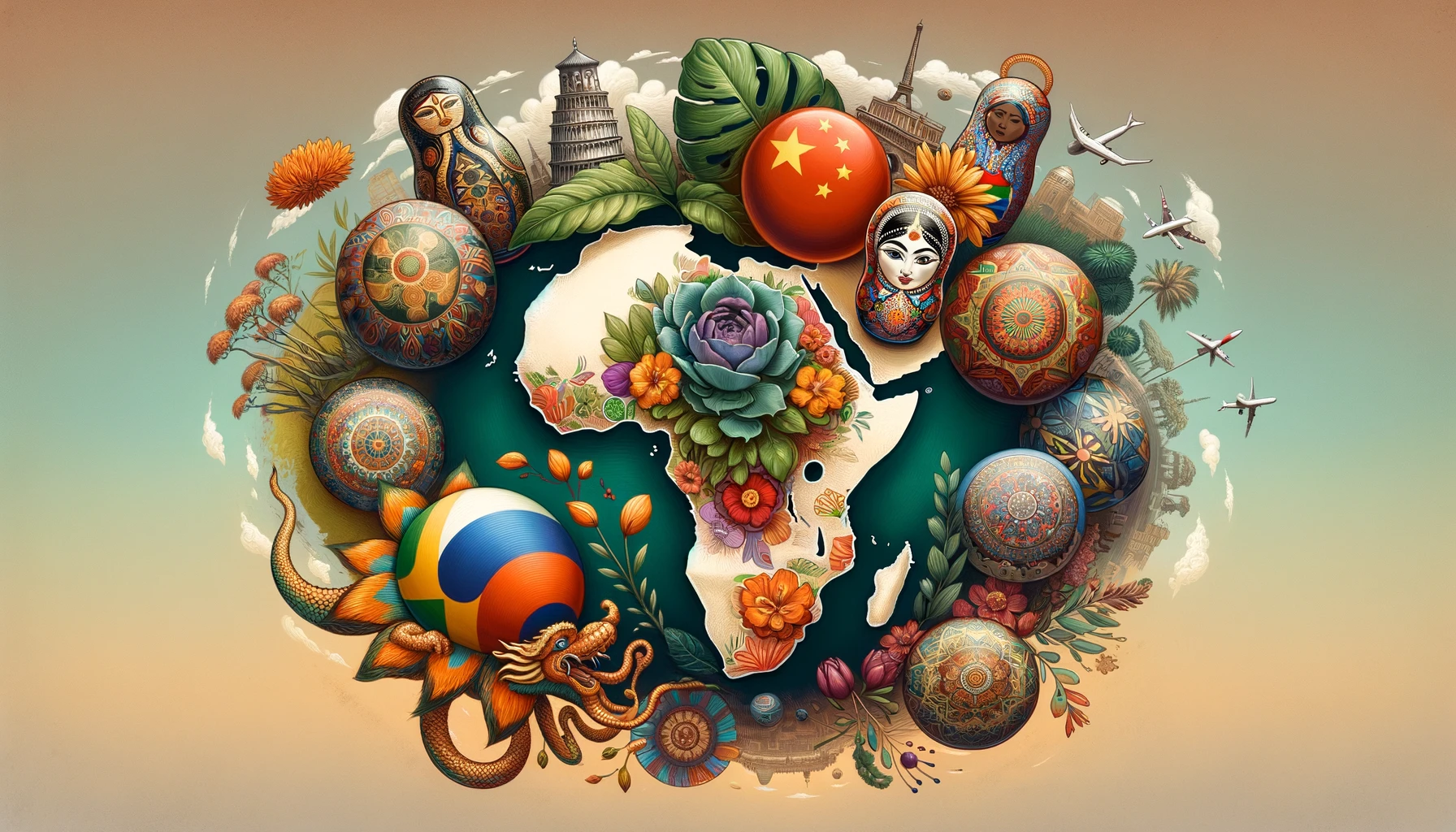The BRICS alliance, made up of Brazil, Russia, India, China, South Africa, Iran, Egypt, Ethiopia, and the UAE, is becoming a big hit with African countries. Many of them are eager to partner with BRICS, wanting to move away from their heavy reliance on the US dollar.
The currency’s dominance in global finance is getting quite unbearable for many of these countries. The instability in America’s economy has led the Middle East and Africa to take drastic measures.
Countries like Nigeria, South Africa, Ghana, Senegal, Cameroon, Algeria, Egypt, and Saudi Arabia have decided to pull their gold reserves out of the US. This was mainly caused by the instability of the US’s financial system and the huge risk of deficit.
The plan is to protect their economy, stop America from getting rich off of them, and avoid potential financial crises like the one that happened in 08.
Meanwhile, as this was happening, there were rumors that South Africa was gonna leave the BRICS because of a foreign policy change.
Mzuvukile Jeff Maqetuka, South Africa’s ambassador to Russia, said that the elections could have negatively affected the country’s BRICS membership. The country nearly left the bloc right after Argentina had rejected its invitation.
South Africa joined BRICS in 2001 as the first official expansion country. Its exit could disrupt the alliance’s entire plans. Despite this, BRICS continues to attract Africa even though aligning with China and Russia have some serious cons.
Critics argue that both nations have poor human rights records, which could lead to abuses and suppression in African countries that join them. Economic dependence on China and Russia could also limit the autonomy and flexibility of African economies.
And the presence of Russian paramilitaries and mercenaries, like the Wagner Group, could lead to increased military influence and instability.
Partnering with China and Russia may also expose Africa to strategic manipulation and coercion amid geopolitical tensions.
China’s no-strings-attached approach to lending and investment lacks transparency, and that could lead to unfair and exploitative deals.
While China and Russia offer a lot of economic opportunities, the benefits might not be as sustainable as those offered by the US, which has had a more established economic presence in Africa.





